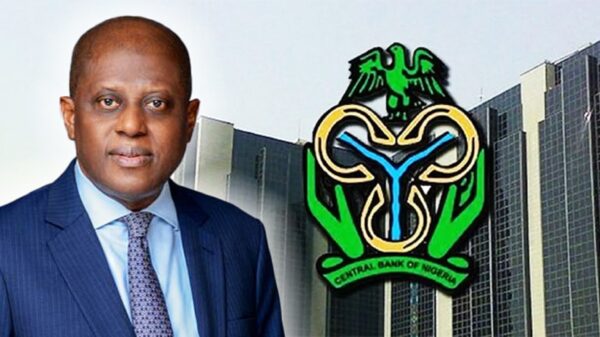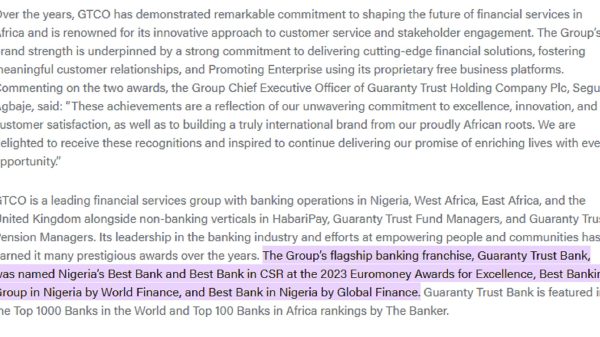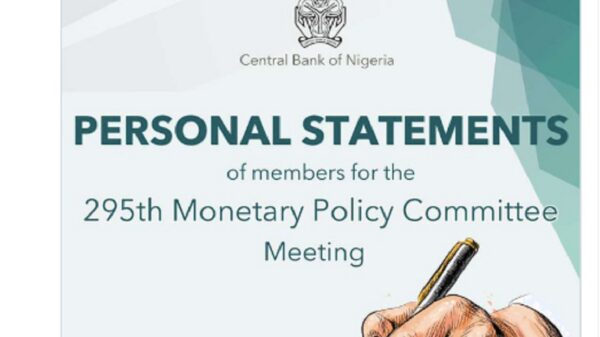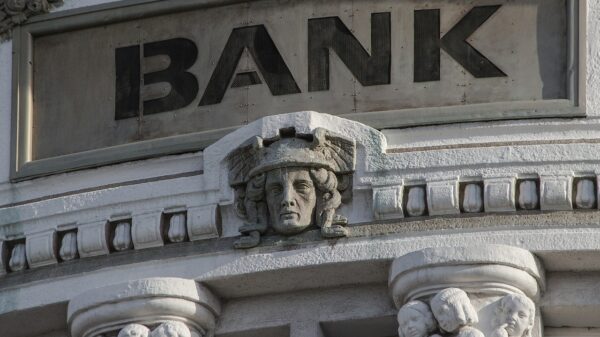The Securities and Exchange Commission (SEC) says there is a need to regulate cryptocurrency trading.
Timi Agama, head of registration, exchanges, market infrastructure and innovation department of SEC, was speaking at a virtual lecture organised by the Association of Capital Market Academics of Nigeria (ACMAN) in Abuja, on Sunday.
The Central Bank of Nigeria (CBN) had asked commercial banks to block accounts of cryptocurrency traders in their systems.
After the directive, Nigerians took to social media to condemn the decision.
“A market that has opportunity for ICOs, derivatives, is not a market we can ignore.“
NAN quotes Agama as saying cryptocurrency is a $2 trillion market that cannot be ignored.
He said the world cannot be moving forward while Nigeria remains static.
Agama said although SEC or the capital market would not accommodate or encourage any fraudulent practices that allowed for money laundering, cryptocurrency is a market worth looking into.
“There is a lot of investment move into the cryptocurrency market and the tendency is that it will reduce the amount of investments in the stock market. Part of the desire of the SEC even in the future is to provide a regulatory framework that will take care of all these challenges that we have seen internationally and the entire world is grappling with in terms of cryptocurrency and digital assets,” he said.
“For us at SEC and capital market, it is something to look at, the world cannot be moving forward and we will be static, no. It is important for us to review, understand, appreciate and introduce regulations that will guide the movement of the market in this direction.
“A market that has opportunity for ICOs, derivatives, is not a market we can ignore. It is our desire that we do more work, collaborate as regulators and analyse to make sure that we provide a level playing field where Nigerians, international investors and whoever is interested in this space will be comfortable and happy.
“I hope that in doing that, we are going to be able to drive foreign portfolio investment, foreign direct investment (FDI) into this country and build our capital market.”
In his remarks, Kevin Amugo, CBN director of financial policy and regulation department, said the ban was to enable it work together with stakeholders in addressing the anonymity of the technology.
He said the CBN would continue to develop policies that would optimise the opportunities of the financial technology industry and promote economic landscape of the country.
Amugo added that consumer protection was a huge challenge in the cryptocurrency market as it was speculative and no economic fundamentals drove its price.
“The committee on cryptocurrency headed by the National Security Adviser and members are EFCC, NFIU, SEC, NAICOM and all regulators to strategize and come up with a national position not a monetary policy position,” he said.
“We have issued our initial draft but COVID-19 impeded our efforts to conclude our actions. Because of interests crypto has regenerated, I think it is high time we reconvened and ensure that we take a national position, so that what is issued is a national position not a CBN’s or SEC’s position.”
Amugo said the CBN is not stifling fintech operations evident by the licenses granted to fintech companies.
He said the apex bank is carrying out local and international consultations so that it can come out with a harmonised and implementable position.


















































You must be logged in to post a comment Login